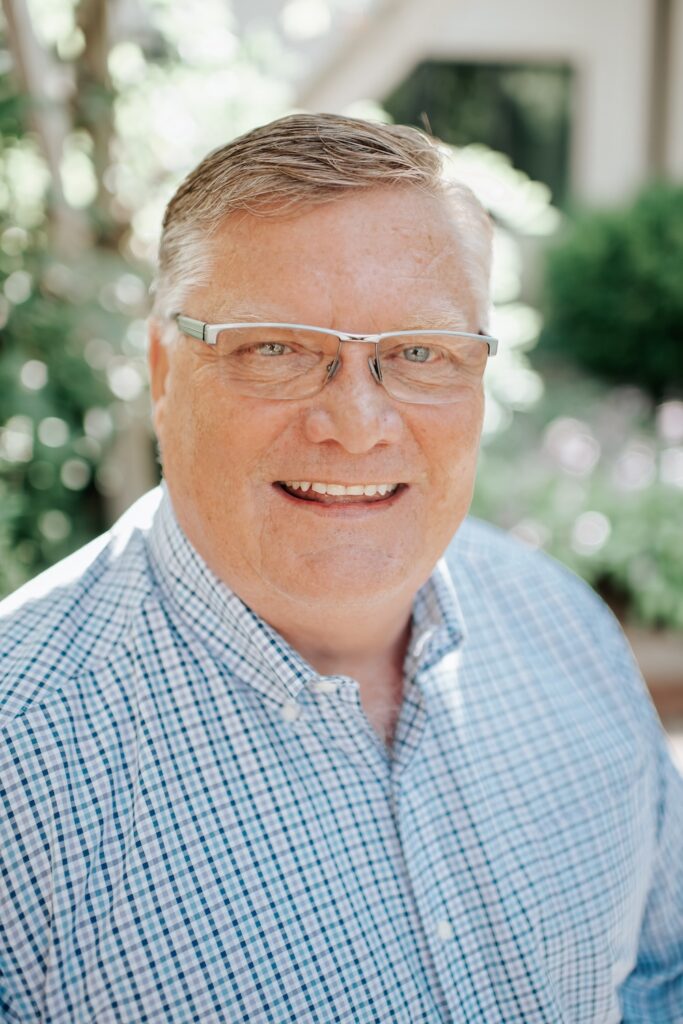By David B. Bohl, MA
Being adopted is one of those complicated gifts that just keeps on giving whether you like it or not. I am calling it a “gift” because I like to put a positive spin on things and because it has enriched my life—in relationships, in personal discoveries—once I understood how to deal with all the adversity/trauma attached to it. Once I knew how to navigate my own feelings about it all, it became easier to see it as something that made my life that much bigger, now that I was no longer letting it destroy me, as when I used drinking to cope with my inability to fit in.
But recently the gift reared its head again. What happened is that I experienced something called a misattributed parentage event (MPE), which became an unexpected twist in my journey of self-discovery, one that I thought I had already come to terms with. An MPE—most often discovered as a result of DNA testing—describes a situation in which the person one believes to be one’s biological parent is not in fact biologically related. This can result from adoption, sperm donation/IVF, an affair, rape, or incest. For obvious reasons, learning about an MPE is often a traumatic experience.
As an adoptee, I’ve always known that my biological roots were a mystery waiting to be unraveled. However, I thought I knew all there was to know and nothing could have prepared me for the revelation that the man I thought was my paternal genetic grandfather was not biologically related to me or my father. My half brother and I stumbled upon this truth through genetic DNA testing, a tool we initially used out of curiosity, but one that ultimately led us down a path of unexpected revelations.
At first, the finding felt surreal, almost as if I were living in a plot twist from a novel rather than my own life. Because I had always known that I was adopted, the idea of surprises regarding my genetic lineage was not entirely foreign to me—and yet this revelation still managed to shake the foundation of my understanding of family and identity. I didn’t know this grandfather (nor will I ever know the other one) but I couldn’t help but wonder what that was like for my biological father and if he was affected in any way. Was he treated well by the man he called “father” or was he perhaps neglected? Could that explain why he was unable to show up for me? Or was it his mother who only knew the truth and was perhaps deeply affected by it? The possibilities were endless, and I’ve found myself trying to guess something that was impossible to guess as it’s been the case with most of my biological story. The one thing I did know for sure was that this was a new reality that I had to grapple with in my own time and at my own pace.
One of the most challenging aspects of this discovery was navigating the implications for my family members, particularly my father’s living sisters. As I shared this newfound truth with them, I could observe the mixture of shock and confusion they displayed. This revelation changed not just my understanding of lineage, but also theirs, highlighting the interconnectedness of our family narratives. While we were all supportive and understanding of each other, I could sense the weight of this revelation as we collectively processed what it meant for our family dynamic.
Beyond the familial implications, there were practical considerations to address as well. With this new knowledge came the realization that our family medical history was no longer as straightforward as we once believed. My half brother and I embarked on a journey of genetic sleuthing, delving into our newfound lineage to uncover potential predispositions and health risks of which we had previously been unaware. It’s a daunting task, but one that we’re approaching with a sense of determination and resilience.
As a relinquishee and adoptee, I’ve already navigated the complexities of self-discovery to a large extent. The journey toward resilience, strength, and self-confidence is one I thought I’d already traveled deeply into. However, this discovery offered yet another layer of complexity to unravel. It forced me to confront the depths of my own identity once again, challenging me to reconcile the truths of my genetic lineage with the realities of having misinformation. I won’t lie– there were moments when the old sense of betrayal made itself apparent again, when I thought again: Can I really trust anyone, ever? Except that these days I bounce back quickly, and I think I was able to handle it without letting it disturb me too much. Ultimately, while it was a challenging process, it reaffirmed the resilience I’d cultivated over the years, reminding me of my ability to adapt and thrive in the face of adversity.
Today, in reflecting on this journey, I’m reminded of the quote from The Godfather: Part III that resonates deeply with me. “Just when I thought I was out, they pulled me back in!” Indeed, this discovery has pulled me back into a world of complexity and uncertainty, challenging me to confront uncomfortable truths and navigate the murky waters of familial relationships. And yet, therein lies the lifelong “gift” of relinquishment—a reminder that the journey of self-discovery is never truly over, but rather an ongoing process of understanding and acceptance. Reluctantly, I had to accept this new “gift.” What this requires is both radical acceptance (accepting emotions, thoughts, and circumstances that are unchangeable and out of my control ) and amor fati (a love of fate). I’ll be working on both for quite a while.
David B. Bohl, MA, Clinical Substance Abuse Counselor (CSAC), Master Addiction Counselor (MAC), is a relinquishee and adoptee, a professional independent addiction and recovery consultant at Beacon Confidential LLC, and a former consumer of substance use disorder and mental health services. He is also a writer, a speaker, and the author of Parallel Universes: The Story of Rebirth, a memoir that chronicles the intersection of adoption and addiction in his life, and RELINQUISHMENT AND ADDICTION: What Trauma Has to Do With It, a monograph that provides an overview of the complex issues involved in relinquishment and adoption, and in particular, as they relate to susceptibility of addiction. He works with individuals experiencing additions and those where relinquishment/abandonment were experienced as a trauma and/or where adoption was experienced as a developmental/ or chronic trauma or stress as well as their families, genetic and adoptive.
Bohl, who lives in southeastern Wisconsin, enjoys spending time with his wife of 40 years and adult children, and relentlessly pursues Blue Mind (that calm mind state that’s found by being in and/or around the water).
His dedication to the mission of the collective adoption community comes from the fact that, although persons in the relinquished community often lead similar lives to those of non-relinquished persons, they can experience circumstances that need to be overcome, such as loss, grief, identity development, self-esteem, lack of information about medical background (including mental health and addiction predispositions). Bohl is honored to contribute to such worthy endeavors and remains interested in allying with organizations and professionals who are both dedicated and well-positioned to address these challenges.
Learn more at https://beaconconfidential.com and https://linktr.ee/davidbbohl.





